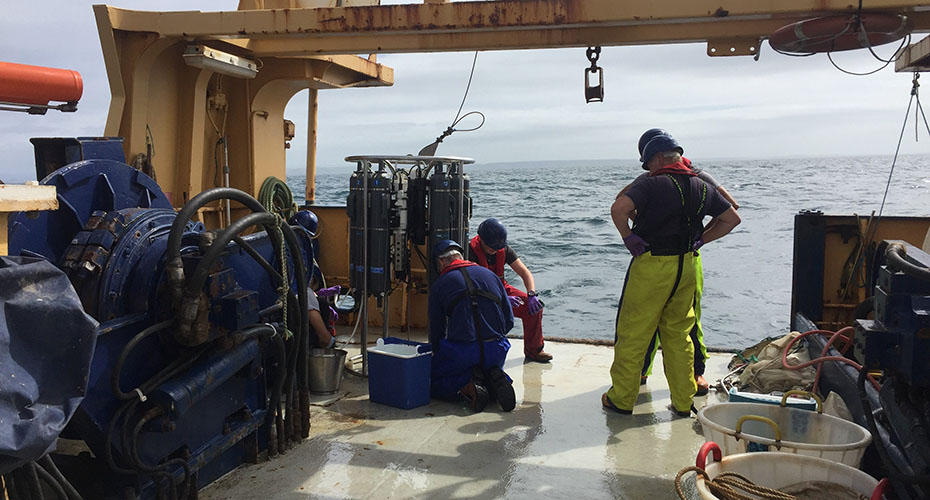Facilities and Capabilities
The complementary expertise and capabilities of a cutting edge government laboratory and a leading Russell Group university is supported by the combined offering of excellent research facilities and equipment. This allows SAF scientists to carry out cutting edge research in the field of sustainable aquaculture development. These facilities can be used as part of collaborative research projects.
University of Exeter facilities include:
- Aquatic Resources Centre; a world class research and teaching facility that incorporates 14 aquaria rooms for both freshwater and marine studies (including 3000 tank zebrafish unit), preparative and analytical labs and a dedicated Wolfson Foundation-funded imaging unit.
- Bioimaging Unit; state of the art optical, laser and electron microscopes to enable advanced cellular imaging techniques across the breadth of biological research
- Sequencing service; providing state of the art genomics and bioinformatics analysis using Illumina (HiSeq and MiSeq), PacBio (Sequel and RSII) and Oxford Nanopore Technologies (Minion) sequencing technologies.
Cefas facilities include:
- Experimental Aquarium Facilities; authorised to operate as an Aquaculture Production Business by the Fish Health Inspectorate (FHI), offering biosecure tank and aquarium facilities
- Specialist viral identification and pathogenesis units
- Aquatic testing and Assessment Services; support, analysis and research underpinned by the full range of accreditation and certification of quality
OIE Collaborating Centre and Reference Laboratories
Cefas (Weymouth) is home to the Aquatic Animal Health Centre of Excellence, which has a number of designations including the UK National Reference Laboratories for Fish, Mollusc and Crustacean Diseases, and World Organisation for Animal Health (OIE) Reference Laboratories for Spring Viraemia of Carp (SVC), Koi Herpes Virus (KHV) and Crayfish Plague. It is also the OIE Collaborating Centre for Information on Aquatic Animal Diseases, which incorporates the International Database on Aquatic Animal Disease (IDAAD).
These designations reflect the breadth of experience in health issues affecting a wide range of cultured and wild aquatic animals. Together with existing links with partner laboratories around the world, this Centre of Excellence is ideally positioned to face the challenge posed by production and emerging diseases affecting global aquaculture and wild stocks.


